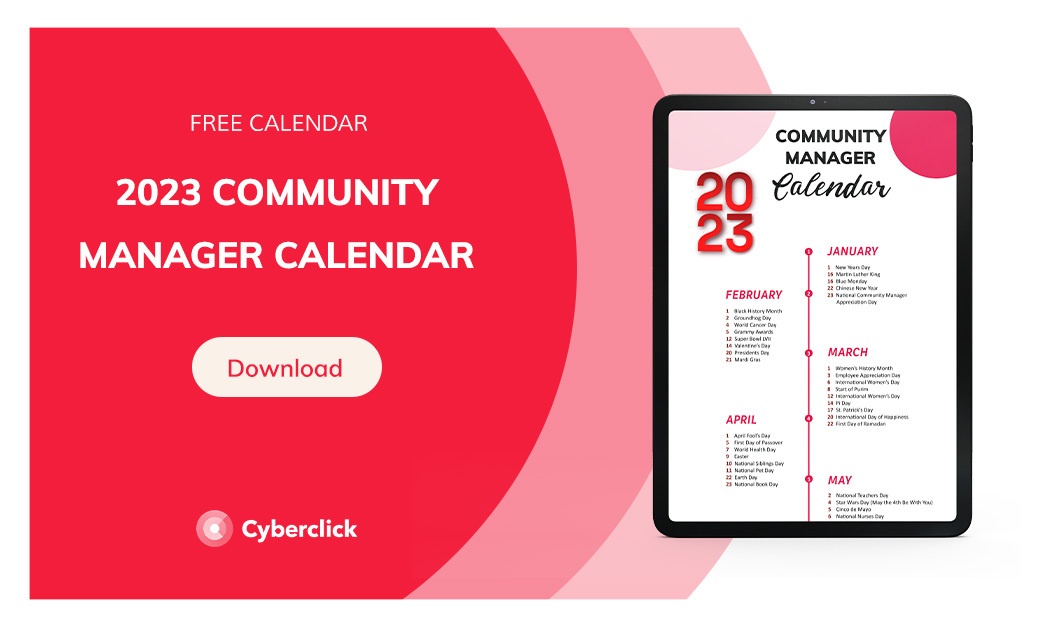By Shanon Roberts, on 25 August 2020
Marketers are constantly trying to understand how consumers feel about their products, services, brand, and communication tactics via different social media marketing tactics. And between Facebook, Twitter, Instagram, LinkedIn, and now TikTok, manually keeping track of consumer sentiment is no easy task.
Luckily, social listening can help you stay on top of the conversations and sentiments users are expressing about your brand - no superpower necessary. In this article, we’ll explain what social media listening is, its benefits, and how to do it,
What Is Social Media Listening?
Social Media Listening definition: Also referred to as social listening, is the continuous monitoring and analysis of social media channels for positive and negative mentions and feedback about your brand, products, and service, and then using that information to take action.
Social listening often includes looking out for specific brand or industry keywords and topics, as well as mentions of competitors.
Social media listening involved two steps: monitoring and action. It is important to both analyze online interactions and conversations and then take action based on this information. It can only be considered social listening if there is specific action taking place after gathering information.
Benefits of Social Listening
There are many benefits to using social listening as part of your overall social media strategy. Some reasons include:
1. Increased Engagement Opportunities
A major benefit of social media listening is the ability to understand the conversations social media users are having about your company or brand, whether or not they tag you directly. This allows you to directly respond to comments or questions (either publicly or privately) or create posts that address any common concerns or questions that you see frequently popping up.
When brands take the time to reach out to customers it generates goodwill, increased engagement, and heightened brand loyalty.
A major key of social listening is the action that takes place after the listening, and using the data you gather to come up with a social media strategy that addresses common comments, or directly interacts with your audience is a great way to initiate that conversation.
2. Tracking and Overseeing Trends
Social media listening allows you to get a high-level view of the different sentiments regarding your brand and industry, allowing you to spot any budding trends or popular news.
This is particularly useful not just for social media purposes, but, depending on your product or service, it can also be beneficial for your research and design department, public relations team, or highlight possible collaborations or new directions for your brand.
3. Crisis Management
Unfortunately, a crisis can strike at any moment. If it does, it will be essential to public consumer reactions in order to properly remedy the situation.
If your company, unfortunately, undergoes a public backlash or crisis, social listening can help you monitor customer sentiment and help you decide how to proceed forward. Taking time to assess the true reactions, demands, and concerns of your consumers can make the difference between moving forward or burying your company deeper into the sand.
Proper social listening, and proper action based on that listening, can directly impact the statement you make as a company to address the situation.
4. Keeping an Eye on Competitors
Using keywords (like a competitor’s name or the names of their products, for example) you can track the conversations surrounding your competitor. This can help you identify any weak points in their strategy that you can then use to your advantage.
Similarly, if there are areas where you identify that they are stronger than you then you can also use this information to beef up your brand in that area.
5. Finding Influencers
Finding influencers to partner with on social media can sometimes be a lengthy process, but with social listening, you can quickly find influencers who are already talking about your brand and choose to partner with them.
Similarly, if there are influencers who are talking negatively about your brand you can also keep that in mind and see if there are opportunities to change their minds or simply monitor their complaints and try to improve. As these creators have large followings that can affect the opinions of potentially millions of consumers, it's important to take their criticisms seriously, and highlight their praises as much as possible.
6. Event Tracking
If you have an upcoming event, social listening will be especially helpful to understand how attendees are feeling before, during, and after the event.
Use social listening to understand your attendees' experiences and see if there's anything to improve or keep doing as the event is going on. This is especially beneficial because it allows you to address any possible road bumps as they happen, or keep doing what's working.
How to do Social Listening
There are four major steps to social listening:
1. Choose a Tool
There are many different social listening tools on the market, ranging in prices and capabilities. The three most popular tend to be Hootsuite, Sprout Social, and HubSpot.
The most important factors to take into consideration when researching the different tools are what platforms they monitor, how many keywords, phrases, and topics you can track, and the metrics that the platforms track.
2. Choose Your Keywords
Social listening tools use keywords, topics, and phrases to track the different conversations taking place. It’s crucial to choose relevant keywords to monitor in order to get a good sense of your target’s sentiments.
So, how do you choose these keywords? Hootsuite provides a good list of considerations that will help you to start brainstorming, including:
- Your brand name and handles
- Your product name(s), including common misspellings
- Your competitors’ brand names, product names, and handles
- Industry buzzwords
- Your slogan and those of your competitors
- Names of key people in your company and your competitors’ companies (your CEO, spokesperson, etc.)
- Campaign names or keywords
- Your branded hashtags and those of your competitors
- Unbranded hashtags related to your industry
- Misspellings of your brand, competitors, and the above keywords are also important to track
3. Choose Your Platforms
The next step is to choose where you’ll be doing your listening. All social media platforms have some form of social listening capabilities. It’s important to determine the best spaces for you to be paying attention to.
If you are a B2B business, the most relevant spaces are probably LinkedIn and maybe Twitter, YouTube, and Reddit. If you’re B2C, your net will be wider and you’ll want to track all the major platforms, including Facebook, Instagram, Twitter, Reddit, YouTube, and more.
Just like how you shouldn't have an active presence on social platforms, you can’t track on all platforms as well. We recommend starting by placing most of the emphasis on the platforms you’re on, and then branch out to other platforms over time if you feel it's needed. Once you’ve got data, you’ll be able to assess which platforms are worth monitoring and which ones don’t have much relevant activity.
4. Analyze and Take Action
Don’t let all your hard work go to waste. Take time to analyze the metrics and data you gather from your social media listening. All of this valuable information will directly influence the actions you will then take.
In general, the most important metrics to pay attention to are sentiment, top keywords, engagement, negative keywords, and reach. But the actual data you collect will be dependent on your overall goals for conducting social listening.
In Conclusion
It’s easy to get caught up in your own bubble and lose sight of others’ opinions, comments, praises, concerns, and questions on social media. But social listening is a strong tool that is worth investing in and taking into account for your overall strategy.


.jpg?width=1200&name=What%20is%20Social%20Media%20Listening%20Definition%2c%20Benefits%2c%20and%20Steps%20(1).jpg)

